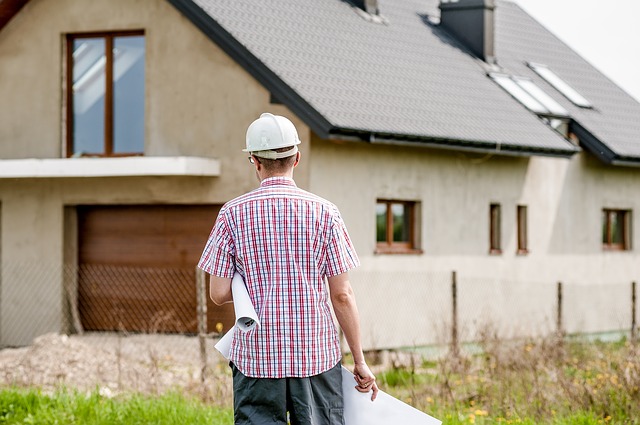The foundation is undeniably the most important part of a building. A strong foundation keeps the entire structure stable. It’s essential that contractors make sure that there are no mistakes during construction or repair of a foundation. Ignoring any errors can dangerously worsen over time and damage the whole house.
But sometimes even a well-constructed foundation may develop problems. Your home is beautiful today, but with the first storm, the ground could soften and shift. Foundation repairs are often required to ensure that the house will remain safe to live in for years to come. Neglecting this crucial aspect of home maintenance can lead to serious damages that could cost much more than simply repairing a faulty foundation.
A foundation installation contractor is responsible for overseeing construction on both new and old structures. It’s a contractor’s job to organize and manage all aspects of the project, including materials and labor. So, whether the work is done to the exterior or interior of your home, make sure the contractor knows what they are doing at all times.
As a homeowner, don’t believe everything you hear. As a highly technical project, it shouldn’t be attempted on your own. Do the homework before selecting a highly qualified professional.
Here’s what you should know before hiring foundation installment contractors anytime you get work done to your home.
- Research
Search for highly recommended contractors. Read all reviews closely and pay attention to any negative feedback the contractor. It will give you a heads up if there are any hitches with the services the firm is offering. The most important thing is to check referrals from plenty of people willing to vouch for its services.
Also, gather information about the kind of work that will be done. Obtain knowledge on methods of repairing foundations and ask questions which technique they will use.
Taking the time to conduct adequate research will ensure that you find a contractor that provides high-quality foundation repair with minimal damage to landscaping or floors.
- Experience
One of the surest signs that a company is reputable is how long it has been in business. Anyone who has been around longer being more likely to have more experience as well as a better reputation than one that just started recently.
- License and insurance
It is essential to check the license to verify if the contractor is registered with the state department. Make sure the company is properly insured for employee accidents and property damage. It may be a good idea to contact the insurance provider to see that the contractor is up to date with all the paperwork.
- Trade association
Another place to check into is trade associations, which generally set the standards for all companies in this profession. They have rigorous rules and ethics that the contractor must follow to remain a member. Needless to say, the contractor should be in good standing with the association.
- Value over price
Compare estimates from several contractors. Select a team that best meets your needs. Remember that cheaper isn’t necessarily better. In fact, be cautious of a cheap estimate because foundation installment doesn’t come without a hefty price tag. The critical thing to keep in mind is the value of the work; the foundation must remain stable at all times.
- Warranty
Find out what guarantees the foundation installation contractor offers and how trustworthy they are. Remember to read the fine print. Well-established companies offer a reliable warranty to their customers, meaning that a follow-up service is guaranteed, especially in case something goes wrong. It’s vital to find out how the company deals with warranty issues because the real test is how the contractor goes back to a client for work that they technically will not be paid for.
- The system
Every foundation is unique in that it depends upon the conditions that are lying underneath the structure of your home. Certain issues must be considered such as shifting clay soils, extreme weather changes, tree roots near the vicinity, water drainage, or plumbing concerns. At the end of the day, you want to install a system in that is the best for where you live.
